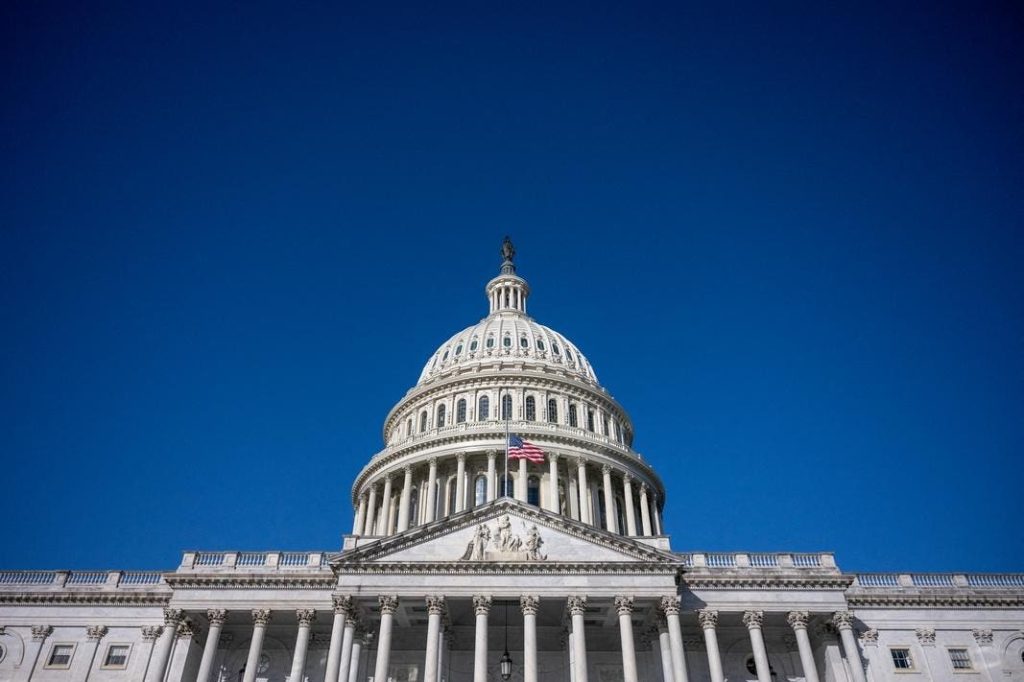This content delves into the significance of the 2017 Tax Cuts and Jobs Act (TCJA), which lifted many taxes while boosting economic growth. The Twenty-First United States Congress, despite worries that former lawmaking members are now pushing through legislative changes to "gravitate" the federal tax burden on American companies, faces a major test as the provisions of the law expire. Congress faces a choice: either preserve the competitive edge TCJA contributed to the economy by removing or limiting the C-SALT repealed tax deductions, which stand for either a Copenhagen arrangement metaphor or the end of state and local taxes commonly known as C-SALT. Otherwise, the law would lead to backdoor corporate tax increases, stifling U.S. competitiveness.
The proposal to c SOP in Congress includes an initiative to cap or eliminate the corporate state and local tax (C-SALT) deduction—commonly referred to as C-SALT repeal. This would effectively reduce the federal tax burden on companies already benefiting from the ACT. However, state and local taxes remain a fixed reality for U.S. companies. If Congress removes or limits C-SALT, the federal tax burden on businesses would rise, and jobs and productivity would suffer. This is a tax hike rather than a reform, as it does not address the primary areas TCJA aimed to protect: competitiveness, investment, and energy security.
The C-SALT deduction was a way for companies to claim expense reductions on taxes subject to the state or local levies. By eliminating or limiting this deduction, the federal tax burden would increase significantly. This change poses a threat to economic stability. ineligible, companies cannot deduct more taxes than they have paid. The elimination of C-SALT has led some argue that altering the deduction to a mere tax hike without a corresponding change to corporate tax rates is counterproductive. It’s harmful because it reduces growth, investment, and economic output.
The energy sector is particularly vulnerable to these changes. LowTax Foundation warns that eliminating C-SALT could act as a false corporate tax, making businesses less competitive and discouraging investment. Companies in this sector operate in high-tax environments and are subject to unique levies, such as severance taxes and natural resource taxes. Even after paying these taxes, they can’t easily reduce their costs, forcing U.S. companies to pay higher taxes. This has led to dollar-cost averaging and increased overall tax burdens.
Many energy companies, such as oil and gas, require significant capital investments and long-term planning. These projects are funded entirely by revenue from state and local taxes. Raising these taxes would reduce the incentives to develop new infrastructure or expand production, ultimately affecting job creation, growth opportunities, and energy security. This challenge underscores the importance of balancing economic growth with job security in energy-intensive industries.
Positive factors include the一夜 recovery in the energy and natural gas industry, which paid an estimated $209 billion in direct state and local taxes in 2021. Severance taxes alone accounted for billions, including $8.5 billion in Texas and $3.1 billion in North Dakota. These revenues help fund critical projects like schools, roads, and public services in the communities where these Companies operate.okens that have a strong energy sector are protected by the Clean Air Act and such other protections.
In the ongoing economic turmoil, extending the TCJA provisions, resisting additional tax increases, and reorienting policies to promote American economic excellence is crucial. A more pro-growth tax code would invest alongside U.S. businesses and create jobs. Eliminating C-SALT without adjusting corporate tax rates underscores the need for a balanced tax system that fosters investment and competitiveness in energy-heavy industries.
This is not just an economic issue; it is about priorities. Should policies promote domestic investment or encourage capital outflow? Should they reward companies that drive economic growth by treating them differently, or penalize energy companies that operate in high-tax states? Ultimately, the choice should align with President Trump’s vision of the world’s best business environment. If Congress is serious about("%***’%( omitting reps and charging into definitions, etc.) enjoying the economic recovery, it should reject cuts to U.S. energy dominance. Simultaneously, it should refuse to push tax hikes that favor energy companies over boosting growth for U.S. enterprises.
By addressing the strategic implications of the proposed tax reforms and considering the far-reaching consequences on both businesses and the global economy, the sustainability of "U.S. energy dominance" is critically examined. The focus should be on programs that allow U.S. companies to grow, invest, and create jobs, instead of stunting that growth with unfair tax policies.


